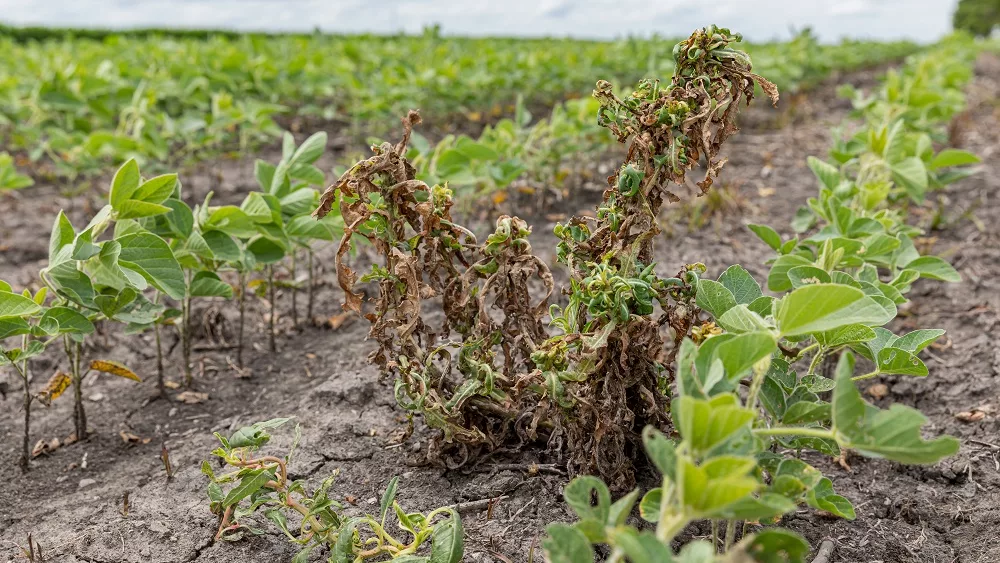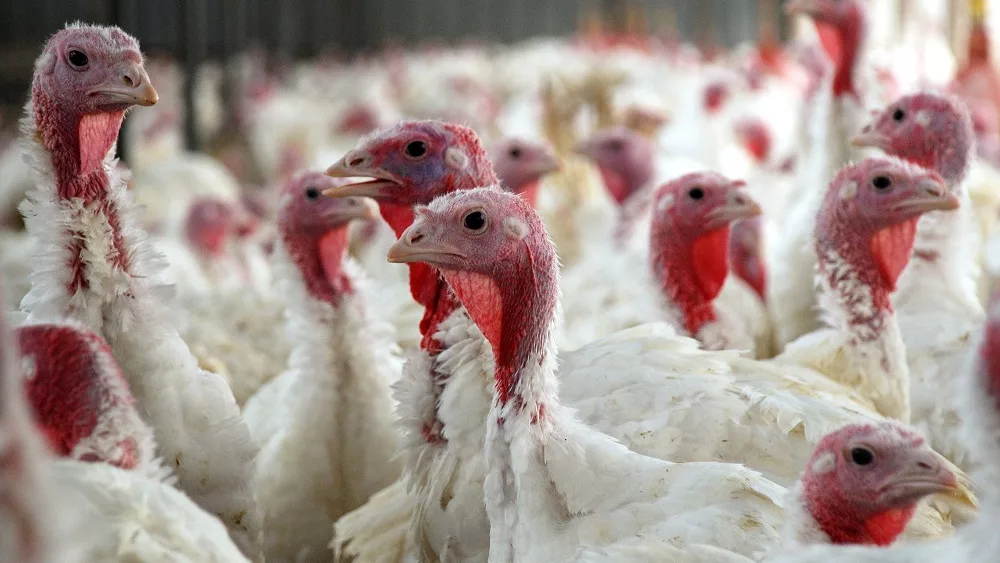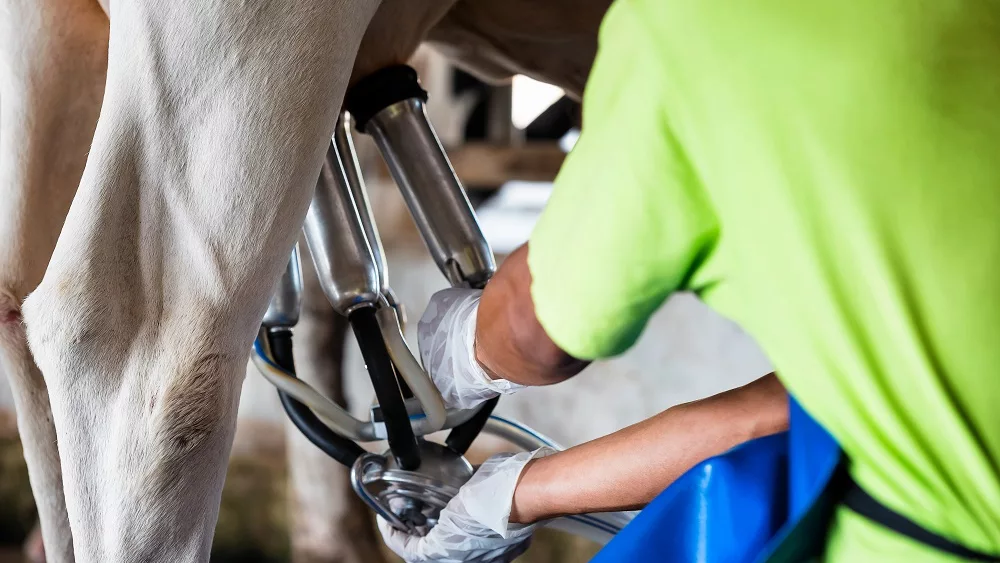Henry County farmer Matthew Chapman got his corn and soybean planting finished early this year. He’s nestled right in between Muncie and New Castle in the small town of Springport, Indiana, where he says they missed a lot of those early rain events that kept others around the state out of their fields.
“Overall, the crop is well on its way. Corn is growing well, really enjoying this heat last week. Beans are a little slower coming, but, you know, beans always seem to grow slow in the beginning when you’re watching the corn be off to the races every day. It seems like the beans take a little while before they start making their own nitrogen and get some nice color to them.”
I asked Chapman if he’s concerned right now about any disease or insect pressure.
“At the moment, we’re okay. We did spray insecticide on the corn early when we did our final herbicide pass because we were getting a lot of pressure, which was very unusual. I assume just the warm spring and the mild winter probably added to that.”
As for weeds, Chapman says those have been a problem from the get-go this season.
“We’ve been playing catch up it seems like all year. I think that goes back to the mild winter and the early spring heat. Really, the weeds got a jump start on us, and we really had to be aggressive with them on our burn down and our tillage in the spring. We had to work a lot of the cornfields a couple times to try to get them into shape. I think that may be a future issue that we have to plan ahead for. I know a lot of guys are spraying more in the fall to try to get a jump start on that program, and that’s probably something we need to be more aggressive with.”
Chapman says that makes for a difficult decision because you need to plan out your corn and bean rotation in the fall since what you spray in the fall can determine what you have to plant in the spring.





